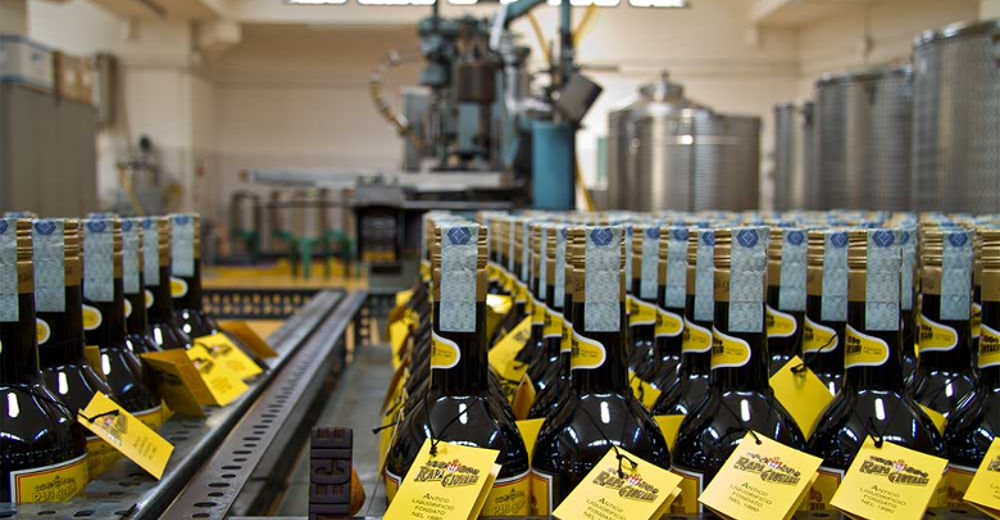Indonesia blocks imports, EU scrambles
Palm Oil Monitor | 3 April 2019
Indonesia blocks imports, EU scrambles
by Khalil Hegarty
Indonesia blocks imports from the EU
In a dramatic escalation in the war over palm oil, Indonesia has upped the stakes and this week tightened imports of European spirits as a direct response to the Renewable Energy Directive Delegated Act.
According to various sources inside and outside government in Jakarta, Brussels and London, EU countries have been denied quotas, while other exporters from Asia, Australia and the US have had their quotas approved.
Indonesian officials have been reasonably clear in letting Brussels know that this is all about the Delegated Act.
Sources in Brussels indicate that this has left EU officials scrambling, with a flurry of phone calls and emails travelling between officials in Jakarta, London, Brussels and elsewhere.
The move comes after Indonesia excluded the EU from the high-level Indo Pacific Cooperation meeting two weeks ago, which was led by Indonesian Foreign Minister Retno Marsudi, according to our sources.
EU countries are attempting to formulate a response.
Ambassadors to Indonesia from the EU’s major economies have forwarded a strategy paper and sent this to DG Trade in Brussels.
According to sources, they are acutely aware of :
- EU attitudes to palm oil being raised as an election issue ;
- Anger of small farmer groups across the country ;
- The favouritism displayed to the US in the Juncker-Trump soy deal ;
- That this may impact prospects for trade deals with Indonesia, Malaysia and ASEAN.
More importantly, they are also expecting that the Delegated Act will cause serious diplomatic harm to the EU across the ASEAN region, and that these risks have been grossly underestimated.
The EU’s strategy
EU diplomats and officials are considering several options to deescalate the situation.
- First, they are considering to ask the Commission to conduct an immediate review of the Delegated Act, with consultation and input from Indonesia and Malaysia. This review is well in advance of the original 2021 review date. This indicates how serious the problem is.
- Second, there is to be a high-level visit by Coordinating Economic Affairs Minister Narsution to Brussels next week. The EU is hoping that they are able to give Narsution some policy ‘wins’. This, in their view, will de-escalate some of the tension and effectively buy Indonesia off for the time being.
- Third, they are further hoping that EU financial support for ISPO will ameliorate the situation.
In addition, they have called for immediate progress on the palm oil working group that was announced at the EU-ASEAN Summit.
The view from Indonesia : The EU is insulting the region
All three of the measures outlined above are flawed. They are designed to do one thing : Keep Indonesia and Malaysia quiet.
On consultation and review, it should be remembered that as the Delegated Act was being drafted, input from Malaysia and Indonesia was completely ignored, as were the protestations made at the WTO. Moreover, this is just another step in more than ten years of EU policymakers denigrating and financing a campaign against palm oil. The question for palm oil producers – when will Europe table the same deal as they gave to the Americans ?
On the high-level mission, this is viewed in Indonesia and other palm oil producing countries as if the EU displaying its worst tendencies. The idea that Indonesia can be ‘bought off’ with anything less than the same treatment given to the United States is seen as an insult to Indonesia, the region and Minister Narsution.
On ISPO, it’s worth remembering that UKAID is already working with NGO Kehati on a ‘Revamping ISPO’ program and handed over IDR 22 billion (GBP 1.2 million) for ‘Revamping ISPO.’ This was part of a GBP 40 million program to reduce emissions. It had nothing to do with increasing trade. The Indonesian Government shouldn’t be satisfied with anything less than recognition of ISPO as sustainable.
Finally, the Palm Oil Working Group needs to seriously be questioned. The Working Group was convened nearly two months ago as the Delegated Act was in train. Brussels would have been acutely aware of the timeline for the Delegated Act. If the EU was negotiating in good faith, why wasn’t it sharing information on the Delegated Act ?






